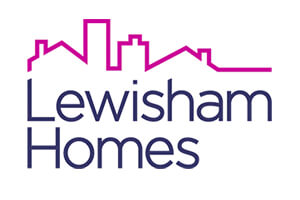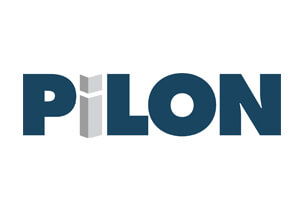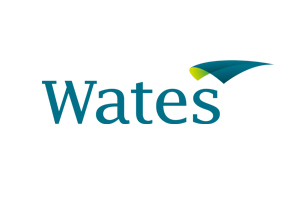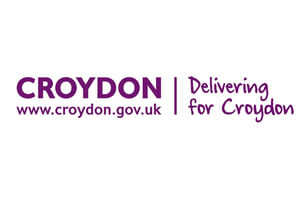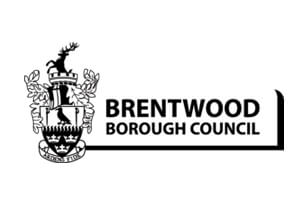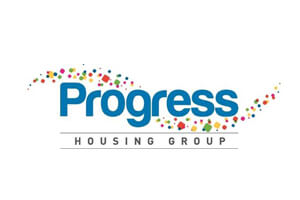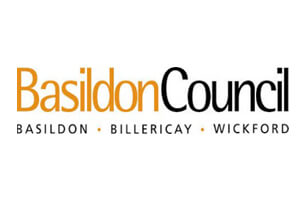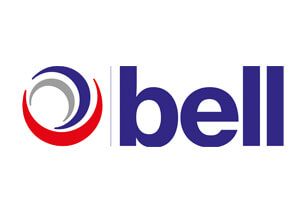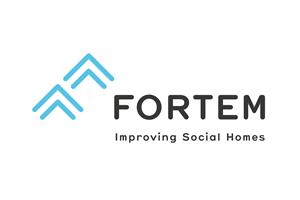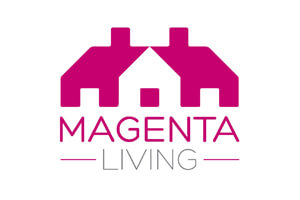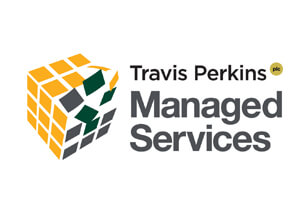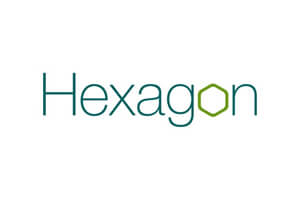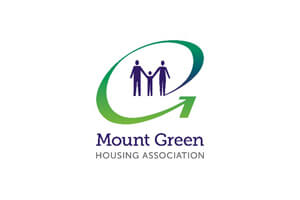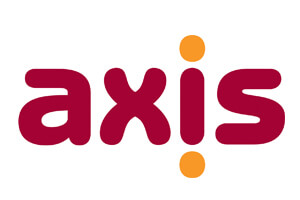Sector urged to respond to critical consultation on Awaab’s Law
Following the launch of DLUHC’s consultation on Awaab’s Law, Echelon Group CEO Mathew Baxter talks through the key proposals and the implications for housing providers.
The whole country was shocked by the death of two-year-old Awaab Ishak in Rochdale in December 2020.
Since his death, as a result of a severe respiratory condition caused by prolonged exposure to extensive mould in his home, Awaab’s family have worked tirelessly for the introduction of Awaab’s Law.
Introduced in July 2023 through Clause 42 of the new Social Housing (Regulation) Act Awaab’s Law effectively inserts into social housing tenancy agreements an implied term that requires landlords to comply with new requirements.
Secondary legislation is currently being drafted that will require landlords to both investigate and rectify any reported health hazards within clearly specified timeframes. Where these requirements are not met, tenants will be able to take legal action through the courts for breach of contract.
Consultation paper
The Department for Levelling Up, Housing and Communities (DLUHC) has now published the consultation paper, released on 9 January, outlining the proposals for these timeframes.
The proposals are summarised as follows:
- Where the landlord is made aware of a potential hazard in the home it must investigate within 14 calendar days to ascertain if there is indeed a hazard.
- Within 14 calendar days of being aware of that potential hazard the landlord MUST provide a written summary of its findings to the tenant including details of any hazard or hazards identified, the actions to be taken and the anticipated timeline for completing the works. (This should also include a full schedule of the proposed works).
- Within 48 hours of the landlord’s investigation concluding tenants must be provided with a written summary of the findings (noting that for complex works, the investigation may take longer. However, landlords will still be required to conduct an initial investigation as soon as possible, and within that 14-day period to assess the severity of the issue).
It is also worth noting that when a medical professional identifies a risk or potential risk to residents’ health the timeline for works to commence is shortened to seven days.
The proposal goes on to set out a requirement that where a hazard is identified that proposes a significant or imminent risk of harm or danger and the property cannot be made safe within the specified timescales above, the landlord MUST offer to arrange for the tenant(s) to be decanted to suitable alternative accommodation.
It also places clear responsibility on landlords to keep clear and accurate records of ALL correspondence with both the tenant and contractors, including recording any reasons for not being able to complete the works within the prescribed timescales.
The consultation also addresses the issue of no access and states that where a tenant is unwilling or unable to allow access within the allotted timescales, there will be no breach. However, it also notes that the landlord is expected to undertake all necessary actions to gain access and once access has been gained, the proposed timescales apply.
I urge all organisations involved in both managing properties and delivering services to social landlords to respond to this critical consultation, which is open until 5 March 2024, by following this link https://consult.levellingup.gov.uk/social-housing/awaabs-law-consultation-on-timescales-for-repairs/
![Brexit.,Uk.,Law. Awaab's Law [2]](https://www.echelonip.co.uk/wp-content/uploads/2024/02/shutterstock_609221585.jpg)







